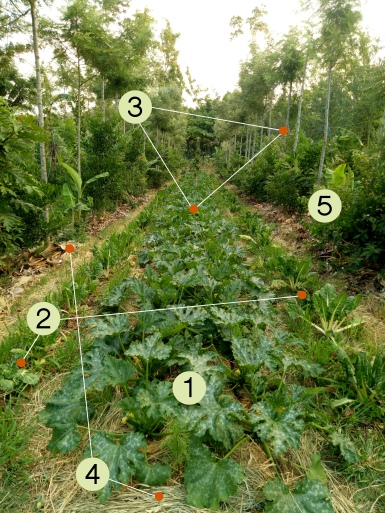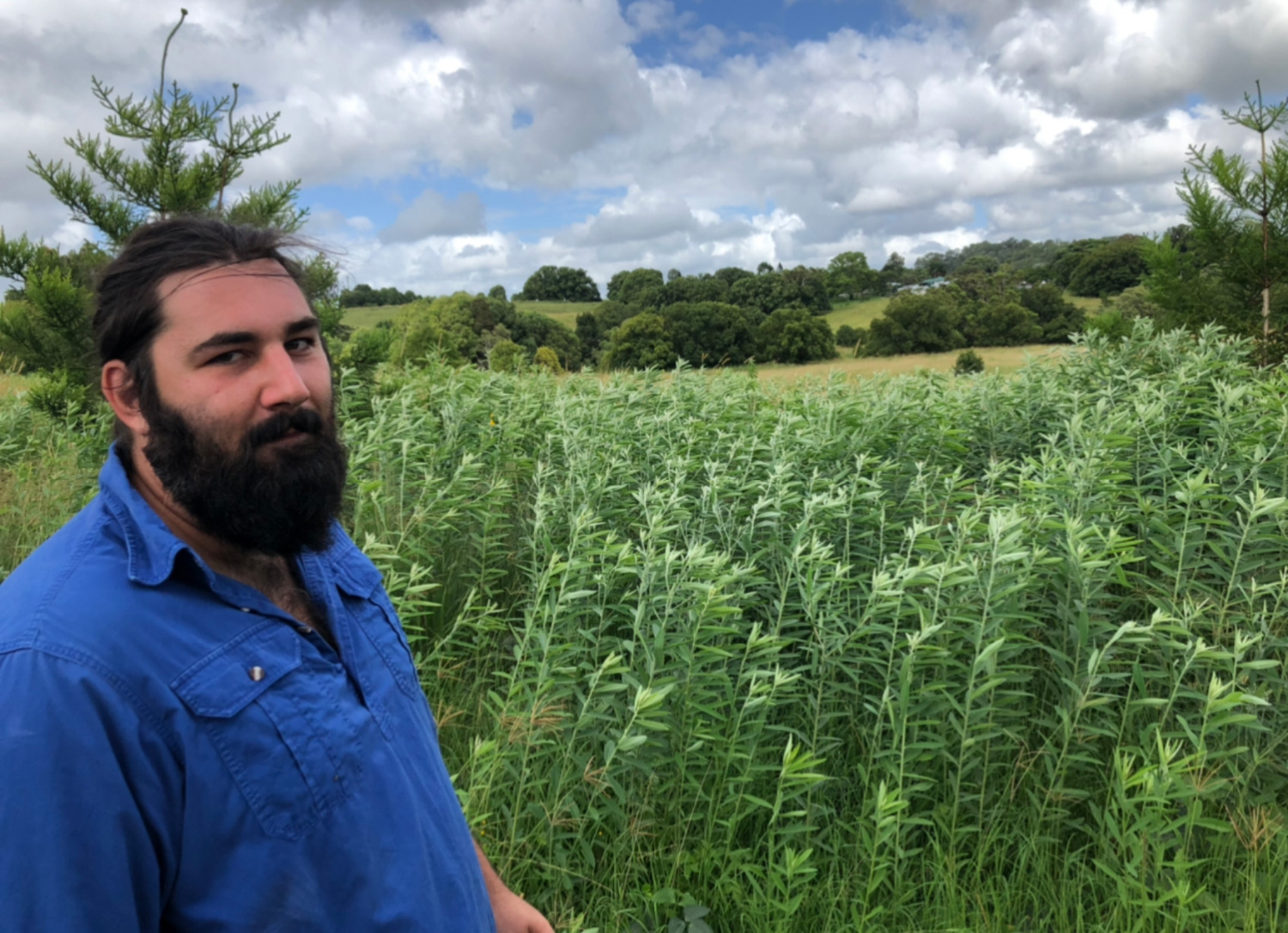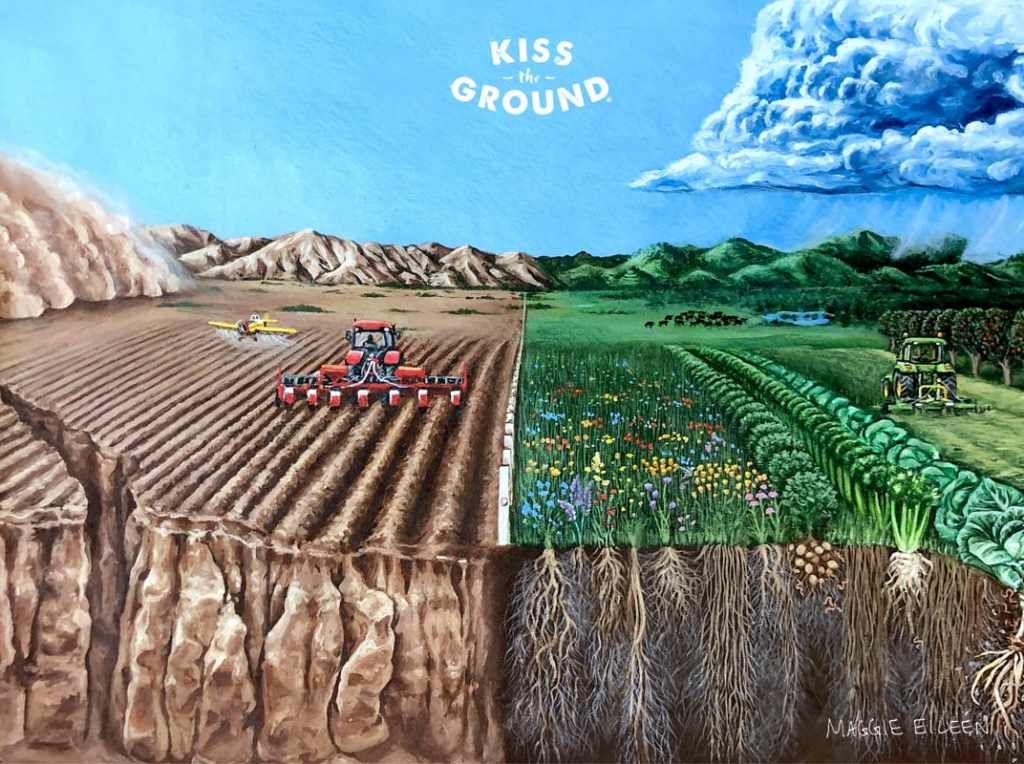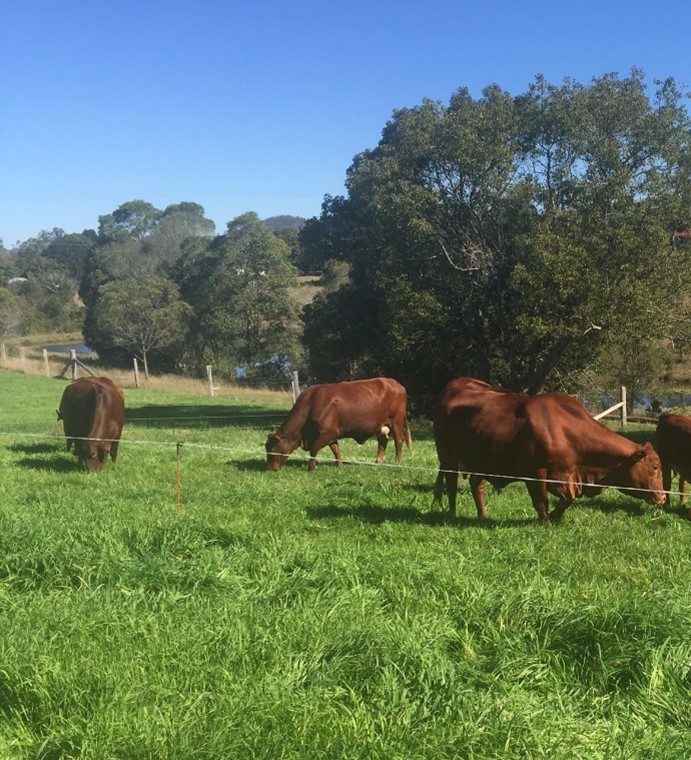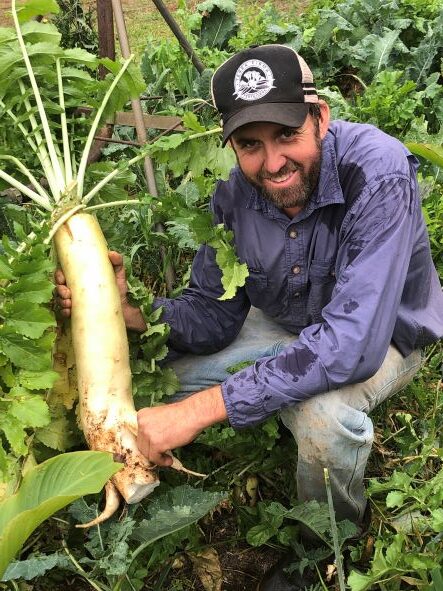
“Regen” Ag has gained significant momentum nationally and internationally as action on climate variability has become main-stream. Regen is seen as the shining light in turning the tide of human-induced environmental degradation. The status-quo of “production only” focussed agriculture is no longer accepted in the consumer world and we have a choice RIGHT NOW to be proactive in this space and become a leading light or drag the chain and suffer the consequences locally of being reactive.
Although many definitions apply for Regen (all with a focus on soil health as the cornerstone); most also include the concepts of embracing the complexity of nature, making decisions holistically, using the tools or resources at hand to re-engage natural cycles to not only sustain, but more importantly to regenerate our environment and community.
Recently the concept of Regenerative Business has evolved from this. It’s a concept that resilient regional businesses in particular embrace now, but thinking larger scale, entire business communities – such as the Barcaldine Renewable Energy Zone – should be borne in our region from thinking regeneratively.
Regen in Gympie
The first step for any organisation in developing their strategic plan is usually a SWOT analysis. Unlike any other region of the country, our diversity of natural resources, potential for scale, proximity to population bases and knowledge bank for regenerative Ag in the Gympie Region is unsurpassed.
In addition this land is seemingly “unkillable” (though many are presently testing that theory)! It’s what is termed in Holistic Management “non-brittle”. The same attributes that make the soil resilient to bad management also make it respond incredibly quickly to Regenerative management. This is where we can showcase Regenerative Agriculture much more effectively than other more “brittle” regions.
The re-generation of the Mary Valley also shows that communities in this region also reflect what happens with land. There are of course other examples in the region (Goomeri comes to mind immediately), but the Mary Valley’s rise from obscurity to becoming a thriving destination for thousands every week and a home to a diversity of businesses – in just a decade – is an example for the Nation on community regeneration.
It’s for these reasons that Gympie Region, above all others, truly does have the potential to become Australia’s “Regen Region”. Regardless of the development being on a farm, a forest or in a related industry, what we do here (good or bad) can very quickly demonstrate if the model works or not. In Regenerative Agriculture that process is already underway here, and for Regenerative Business, perhaps just around the corner?
